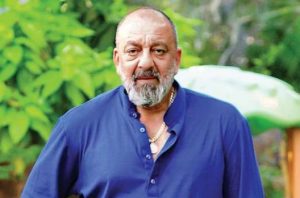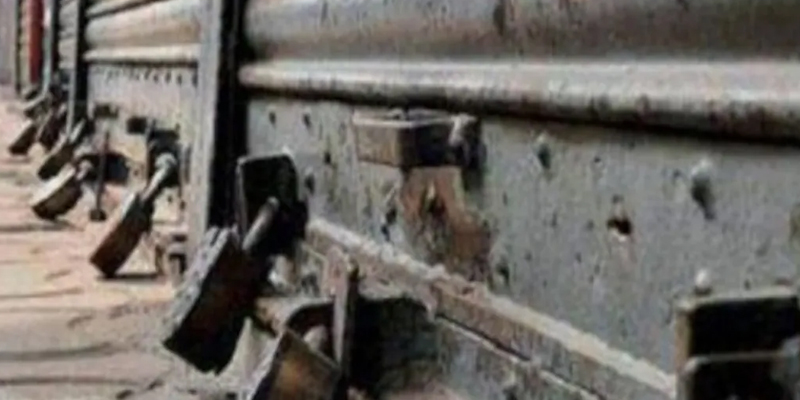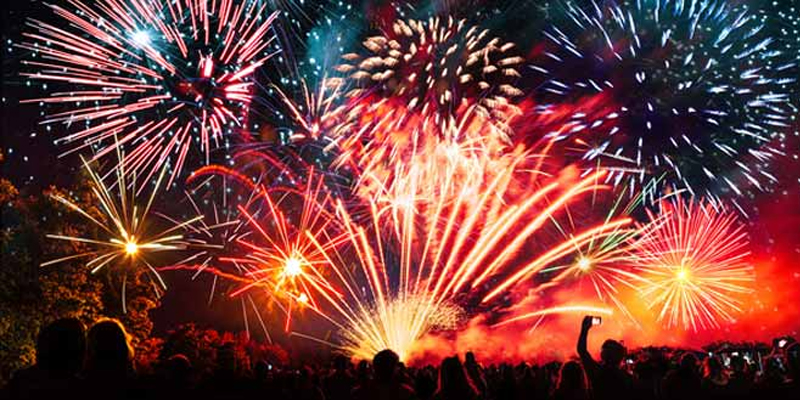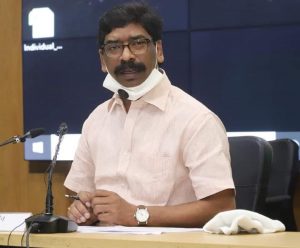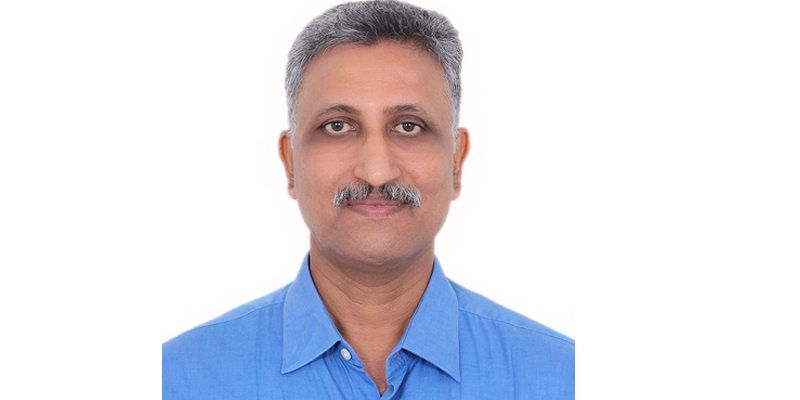The dam at Wadi Ghalilah and sunset view from the Dhayah Fort in the emirate of Ras al Khaimah beckon me on a sultry Friday reserved for late mornings and splendid brunches. It is the Eid al Adha (Bakrid) holiday weekend in the UAE – four days to relax and go on a staycation if you fancy one. This time, although flights have started operating, not many will be inclined to go on an exotic foreign holiday.
It is our good luck that the moon and the authorities work in tandem to club holidays around the weekend in the UAE. So Arafat Day fell on a Thursday and Eid on a Friday, and we get a bonus two days when the rest of the world relishes their weekend. While Oman gave a week and Saudi Arabia two weeks to government servants to celebrate, the UAE has been maintaining uniformity in holidays between public and private employees since last year.
Coming from a country that officially has around 18 public holidays – from Diwali to Budh Purnima to Christmas – and twice as many regional/state holidays, where a good many of them are celebrated across religions, it was an eye-opener to be in an Islamic country and learn the significance of each holy day and holiday in the Gulf. The number of festivals is fewer but the days of celebration are more. So we get four to five days for Eid al Fitr and Eid al Adha, and three to four days for the national day celebrations in December and a day each for New Year, the Prophet’s (Peace Be Upon Him) Birthday and the Islamic New Year.

In pre-COVID era, the Ramadan season saw many non-Muslims joining the dawn-to-dusk fasting in solidarity with their Muslim colleagues, friends and roommates. The Iftar menu at restaurants promised a delectable journey of culinary discovery while the shorter work hours, late-night mall hopping and social gatherings made life fun in a novel way. We looked forward to the shorter office hours but took care not to eat or drink in public. Malls and upmarket areas in Dubai, however, had areas segregated or curtained off for tourists and business visitors who wished to grab a quick bite. Coronavirus changed all that – since the Ramadan month came during the sterilisation drive and near-lockdown state, a good many people on work-from-home duties observed the fast from the comfort of their homes. Those recovering from coronavirus were advised not to fast.
The sacrificial feast of Eid al Adha is the next big holy event, one that Muslims in Kerala call the Big Perunnal. As an Abrahamic faith that commemorates a father’s willingness to sacrifice his son as a mark of obedience to God, Islam accentuates my own awareness of the biblical episode. The Martyr’s Day followed by the National Day on December 2, celebrating UAE’s formation in 1971, herald a month of festive winter cheer. From a Dubai arterial road named 2nd December Street to flags and decorative lighting in national colours adorning the malls, the happiness and pride of the rulers and citizens about their nation is our own too and we rush to watch massive fireworks at pre-designated locations or the laser display on Burj Khalifa, the world’s tallest building.
Christmas and New Year season follows close in hand. The decorations so good that we can’t decide which is better, the Christmas trees so grand in each mall that we need that customary photograph for memories’ sake and the weather just perfect for outdoor activities and desert safaris. The UAE is at its vibrant best during the winter months.
 Soon an Abrahamic Family House will take shape in Saadiyat Island in Abu Dhabi, as a manifestation of the oneness of Islam, Christianity and Judaism. The three main buildings – a mosque, a church and a synagogue of the same height – will each lead to a central garden under which will sit a museum and centre for education. By 2022, the UAE’s first traditional Hindu temple, with spires, columns and sculptures pre-fabricated in India and assembled here in Abu Dhabi, will also be ready for devotees. The Year of Tolerance that 2019 was saw the UAE welcome the Pope and facilitate a mass in Zayed Sports City stadium.
Soon an Abrahamic Family House will take shape in Saadiyat Island in Abu Dhabi, as a manifestation of the oneness of Islam, Christianity and Judaism. The three main buildings – a mosque, a church and a synagogue of the same height – will each lead to a central garden under which will sit a museum and centre for education. By 2022, the UAE’s first traditional Hindu temple, with spires, columns and sculptures pre-fabricated in India and assembled here in Abu Dhabi, will also be ready for devotees. The Year of Tolerance that 2019 was saw the UAE welcome the Pope and facilitate a mass in Zayed Sports City stadium.
With the UAE upholding tolerance in times of bigotry and zealotry, it will be befitting to remember writer-parliamentarian Shashi Tharoor’s reaffirmation of India’s inherent principles of universal acceptance and pluralism: “Acceptance is, I believe I have the truth, you believe you have the truth, I will respect your truth, please respect my truth.” As an Indian who grew up devouring C. Rajagopalachari’s Mahabharata, Herman Hesse’s Siddhartha, Amar Chitra Kathas and Greek mythology, the universal truth in each faith makes me a complete whole.






